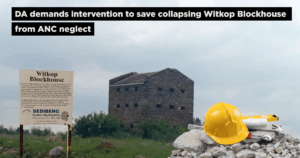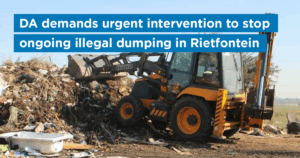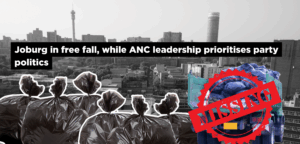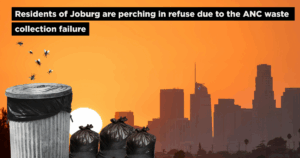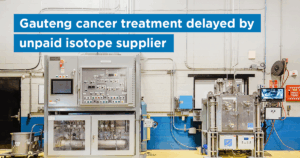Farmers are losing hundreds of rands of fresh produce at Gauteng’s markets in Tshwane, Johannesburg, and Vereeniging. This is due to lack of proper and regular maintenance of equipment like cooling and cold rooms. Residents are at risk of food shortages as a result.
These fresh produce markets are controlled by municipalities and sadly impractical for residents who face the obstacle of long distances to access these markets. Residents also have an added fear of being mugged for their cash and valuables, while the bathrooms are not in an appropriate state. Additionally, due to the lack of effective cooling and cold room structures, farmers face an even bigger hurdle of a lack of efficient delivery facilities, with the shortage of ethylene ripening rooms further negatively affecting food distribution.
The Institute of Market Agency of South Africa (IMASA) has been fighting for years to have these facilities upgraded. Small-scale farmers struggle with bureaucratic red tape and monopolistic middlemen, forcing them to accept low prices while consumers pay more. High entry costs and logistical inefficiencies push nutritious food further out of reach for the average consumer.
The Democratic Alliance (DA) believes that food security in Gauteng requires stimulating deregulation and fostering community-driven partnerships, rather than relying on heavy-handed state interventions. By supporting farmer’s markets and private community partnerships, a cost-effective and efficient food distribution system can be created. This will benefit both consumers and producers. Private community partnerships can upgrade fresh produce markets, reducing inefficiencies, food wastage, and costs.
Deregulation and partnerships will lower food costs by providing direct access to affordable produce which has already been shown at the weekly food markets like the Silverton farmers market and the Hazelwood food market, both in Tshwane. These community initiatives empower small-scale farmers, removing red tape and allowing them to enter the market with ease and compete fairly. Simultaneously Urban Agriculture is promoted through these community-driven initiatives which can transform vacant urban spaces into productive food hubs, improving access to fresh, affordable produce.
Through the Agriculture Portfolio Committee in the Gauteng Provincial Legislature (GPL) the DA will be putting pressure on the MEC for Agriculture, Vuyiswa Ramokgopa to work with municipalities to ensure that our fresh produce markets are easily accessible to small-scale farmers, have fair and transparent pricing, are upgraded, and not impeded by red tape.
A DA-led provincial government will ensure markets have proper infrastructure and operate efficiently so that farmers can access the fresh produce market without any hassles. This will improve food security in the province and provide a sustainable food value chain.


